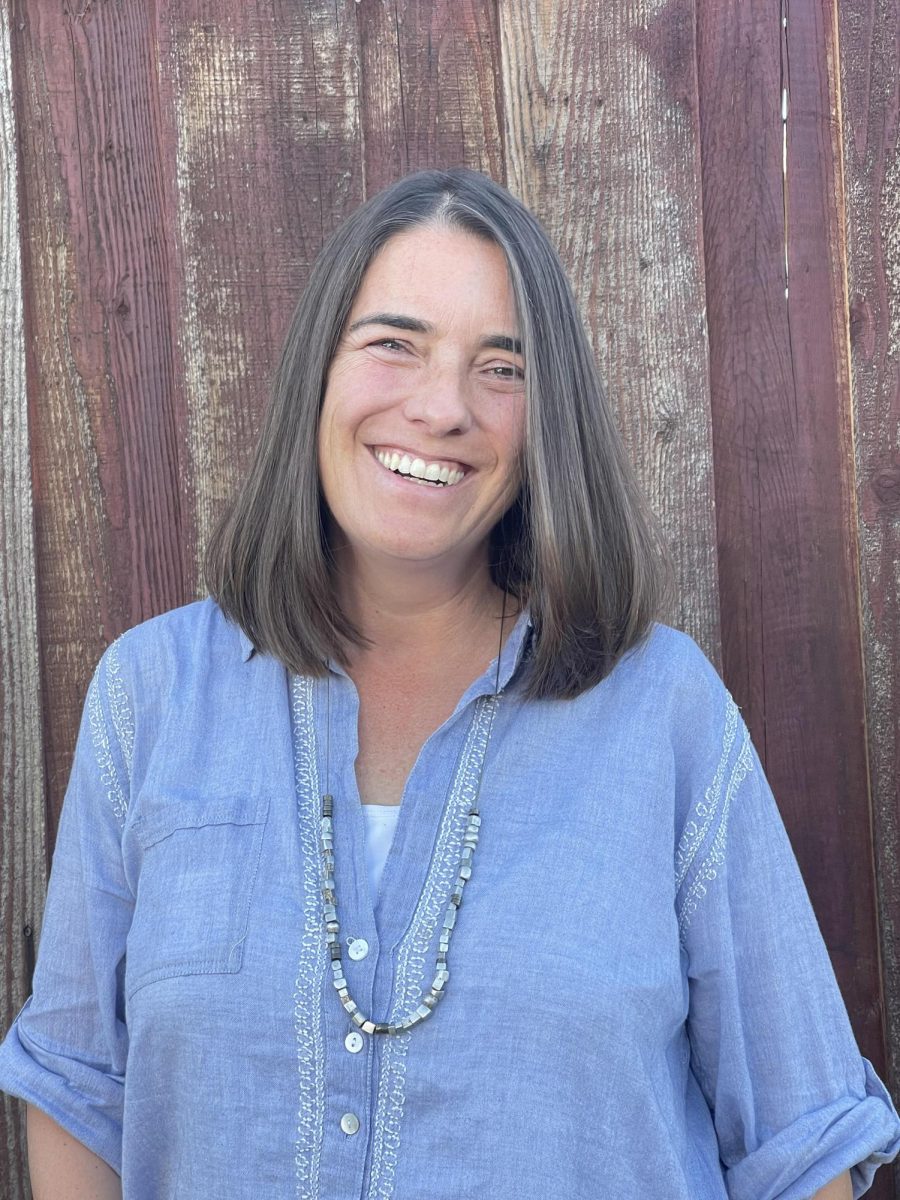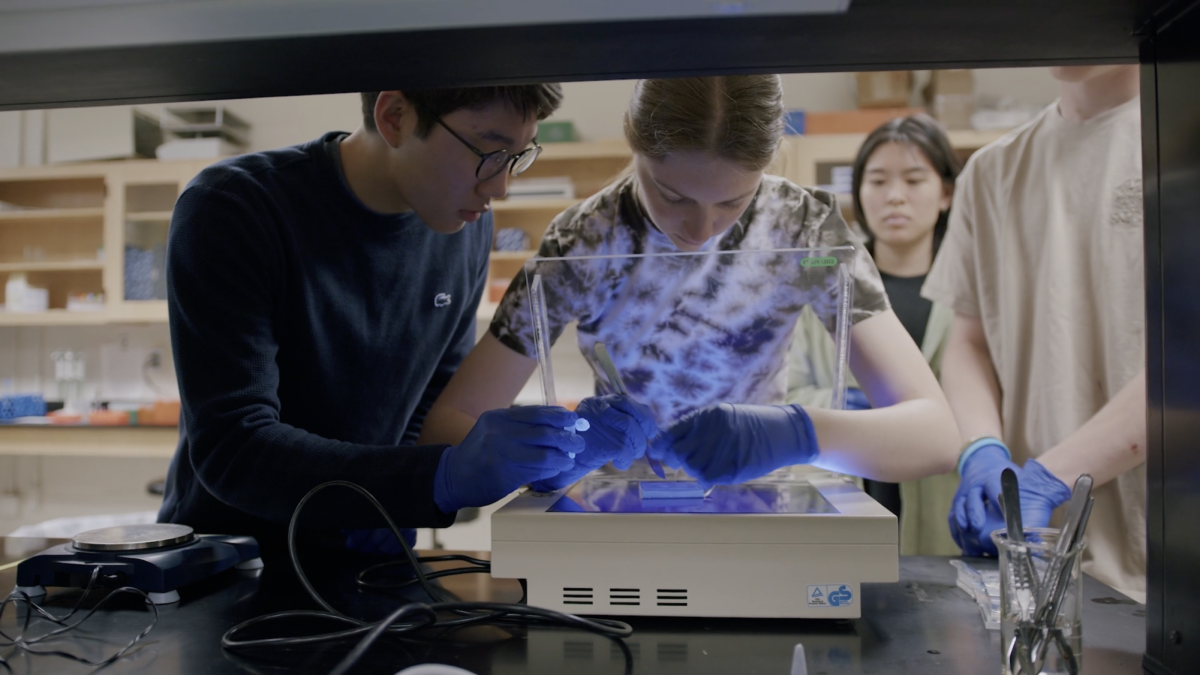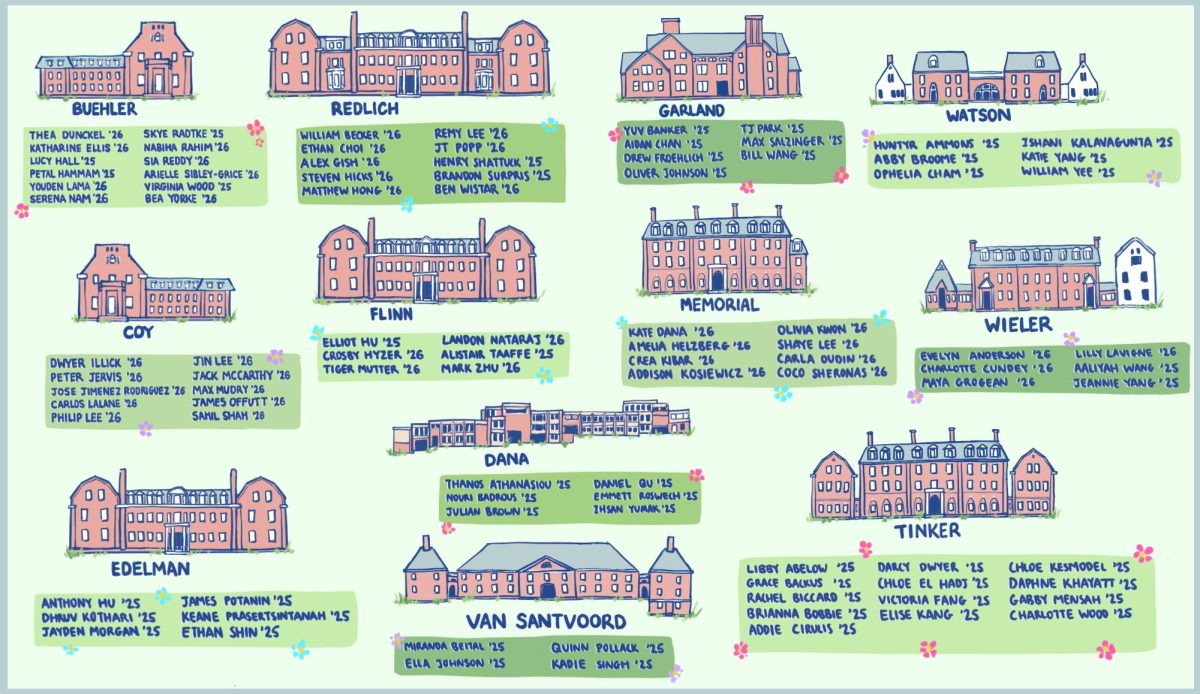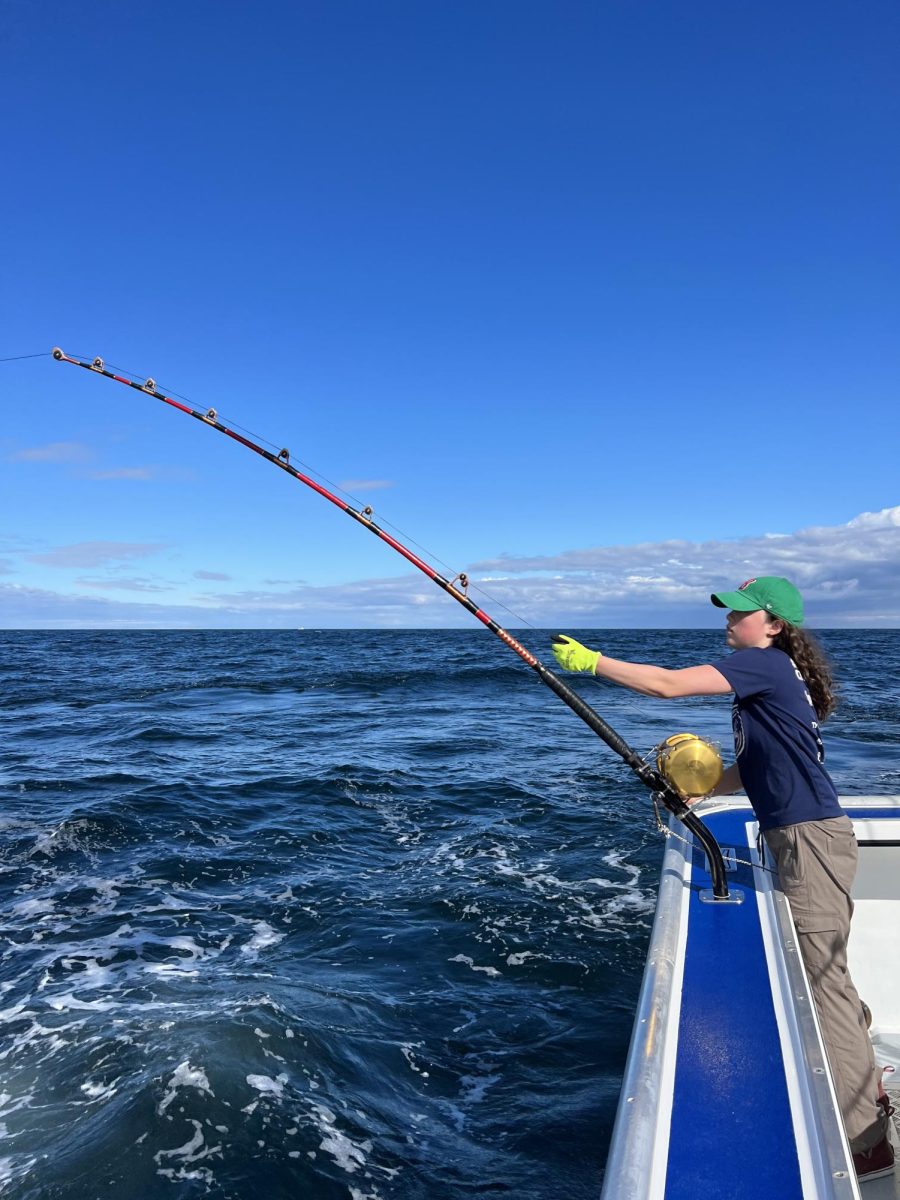Why did you decide to attend the school?
I grew up in Dallas, Texas, but I had family in New York, and a number of my family members had gone to Hotchkiss, including my dad and my older sister. So it wasn’t too much of a surprise that I decided to spread my wings and leave the all-girls school I was in at Dallas to go to Hotchkiss.
I am really glad I did.
What are some of your favorite memories at the school?
Mr. Lou Pressman’s [former instrcutor in philosophy and religion] philosophy class. It was really helpful, because in college I ended up studying sociology. Philosophy and sociology aren’t that far apart–the study of the role of the individual versus the role of the collective.
I’ve had a career at the intersection of tech and society, so understanding the impact on individuals and groups in tech platforms and ethical tech has been essential. I think I got the foundational learnings about this from Hotchkiss.
Also, I played field hockey on Mr. David Bolmer’s [former instructor in math] team. In the rain or in the cold, whether we won or lost, he always had orange slices or some baked goods after the game. He’s pretty special. He cared a lot about how we did in math, how we did in the field, and how we were doing as people. He cared, but he also had high standards–he pushed you, but it was great balance. Shout out to Mr. Bolmer!
I loved the nature; I found it a true gift to be there. I remember in the fall the trees were so beautifully lit up and the hills.
What motivated you to found Platypus Advisors?
Platypus was born at this weird time at the beginning of the pandemic, to help leaders with the Environmental, Social, and Governance (ESG) work in their companies. We work with a lot of companies that run thoughtful philanthropy initiatives in the background.
When the pandemic started in March of 2020, I wanted to reflect on how business will build back better. I think people who have an intersectional view will solve problems in more unique ways than people who have only worked in one area.
So the platypus is our symbol because it contrasts with the idea of a “unicorn” in business–a company that becomes wildly successful and makes a lot of money. In contrast, the platypus is this odd creature that navigates between profit and purpose, tech and society.
I’ve worked a long time in the tech industry, and I thought that instead of going back into one tech company, I can use my experience working all these different places and work with impact leaders to reimagine what tech companies can look like building back from the pandemic.
For example, the Snap Foundation’s their current mission is to increase the amount of pathways for jobs in the creative economy for underrepresented youths in Los Angeles. We are running workshops with them to figure out what they can do, how they can do it, who are their non-profit partners, and other strategic decisions like that.
What does a typical day look like for you?
My days are sitting on a lot of Zooms, working with really brilliant, passionate people who are either the experts on the Platypus team or the company leaders who we strategize with. Then there are also presentations to advisory boards, workshops we host, and talks I get to give every now and then.
How has your experience at the school influenced your career?
Outside your comfort zone is the place you’re ging to learn, thrive, prevail, dustoff, and keep going. In my whole career, I’ve tried to move beyond my comfort zone to do things that are hard, and Hotchkiss provided me with the tools and skills to practice that.
I was involved in all areas—academically, athletically, and artistically—and Hotchkiss kept on pushing. Mr. Bolmer would say, “That was great, but you can do better.” There’s an encouraging balance: You’ve got this. Try more. Be better.
The past few years have been really tricky for everybody, and I think that holding grace and space for people is something very important; Hotchkiss helped me learn that.
Some things will be easy for people and some things will be hard for people, but supporting each other and the community is something I learned in the Northwest corner of Connecticut.
How do you see AI changing your work?
I’m really interested in the topic of AI: responsible tech, ethical AI. How can AI be more equitable and ethical?
I think generative AI is an accelerant; it’s going to make things happen faster. There are a lot of bad things that will be speeding up, like bias and discrimination and misinformation, and so we have to figure out how we can harness the power of these tools to speed up the spread accurate information and interrupt false narratives.
I invite the Hotchkiss community, all of us, to not be scared of it but to understand how to harness it. I am really animated and excited about AI and playing with it myself and also working with a lot of our clients on this topic of AI ethics, which is going to be important over the next five to ten years.
Just like the world wide web and social media, I think AI will have a very dramatic impact on the world. It’s going to be really transformative and important for us to get right.
I got to work with a person who authored the AI bill of rights for the White House, Dr. Suresh Venkatasubramanian. The AI bill of rights is interesting in how America is looking at AI. It’s an important time for us to learn about it and be curious about it and not just consume it.
Figuring out how to create it and use it is crucial, because the people who know how to use it will be the ones who can ensure it’s equitable and ethical.




